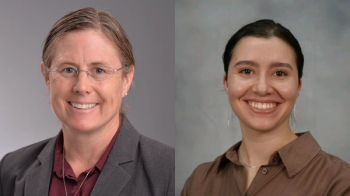
Pittcon Launches Award for Outstanding Laboratory Scientists
The Wallace H. Coulter Foundation (Miami, Florida) has awarded a grant to the Pittcon Conference committee (Pittsburgh, Pennsylvania) that will enable the conference to provide educational training and development in laboratory services with a special emphasis on resource-limited countries.
The Wallace H. Coulter Foundation (Miami, Florida) has awarded a grant to the Pittcon Conference committee (Pittsburgh, Pennsylvania) that will enable the conference to provide educational training and development in laboratory services with a special emphasis on resource-limited countries.
The Wallace H. Coulter Lectureship Award will be awarded to an outstanding individual who has made important contributions and demonstrated a lifetime commitment to education, practice, and research in laboratory science. Pittcon has also renamed its plenary lecture in honor of Coulter.
“We were very honored to be the recipient of this grant. Mr. Coulter's passions were the application of engineering principles to scientific research and embracing the diversity of world cultures which are consistent with our mission and the international impact of the conference, ” said Jon Pearce, former Pittcon president.
Elias Caro, the Foundation's vice president of technology development, added, “We chose to make this gift to Pittcon because of its excellent educational programs and worldwide leadership, two passions that Wallace Coulter embraced during his remarkable career. We hope that this funding will jump start programs that improve laboratory science in the developing world, continuing Wallace Coulter's efforts to advance the collective knowledge.”
Coulter invented the Coulter Principle, an electronic method of counting and classifying microscopic particles suspended in fluid. This principle was incorporated by Coulter in an apparatus to count and classify blood cells, a process that was previously done manually. This revolutionized the practice of clinical laboratory medicine and made possible today’s most common medical diagnostic test: the complete blood count (CBC).
Newsletter
Get essential updates on the latest spectroscopy technologies, regulatory standards, and best practices—subscribe today to Spectroscopy.




